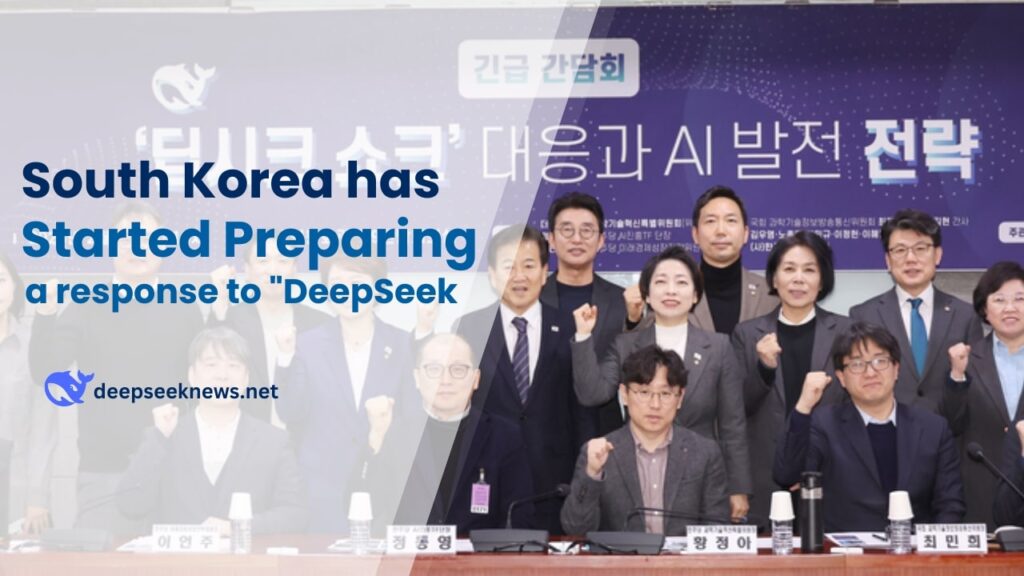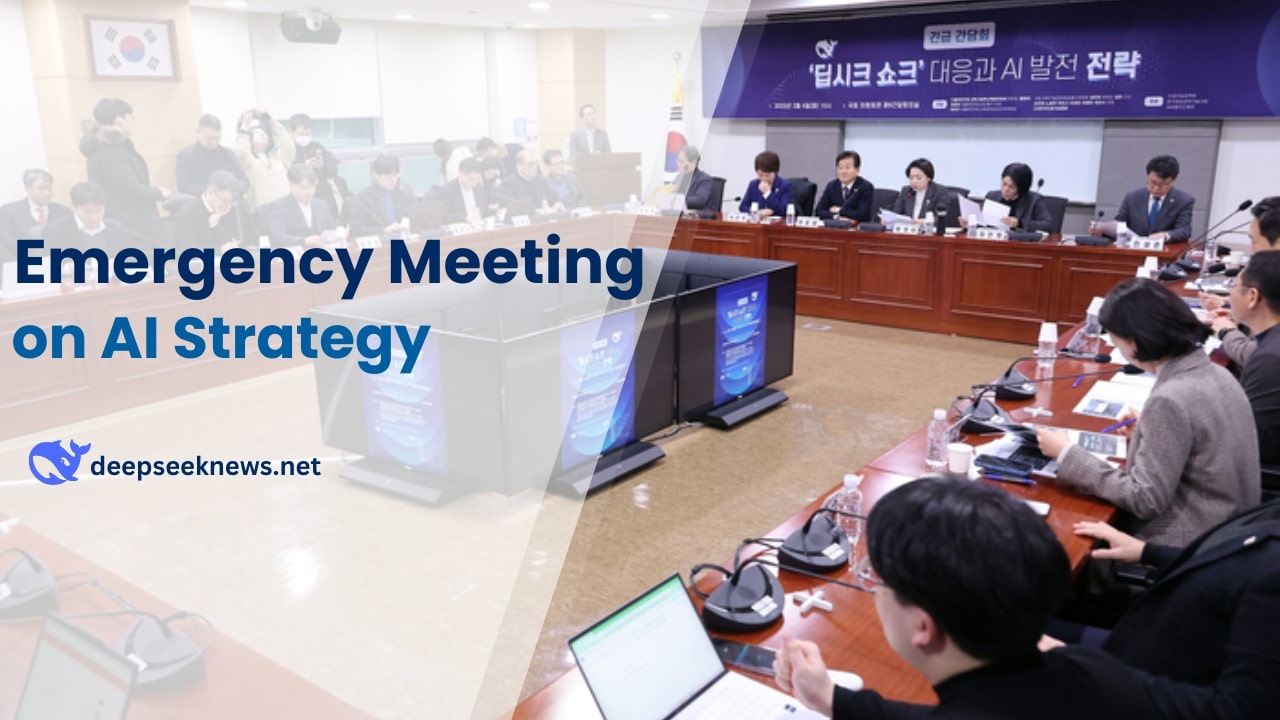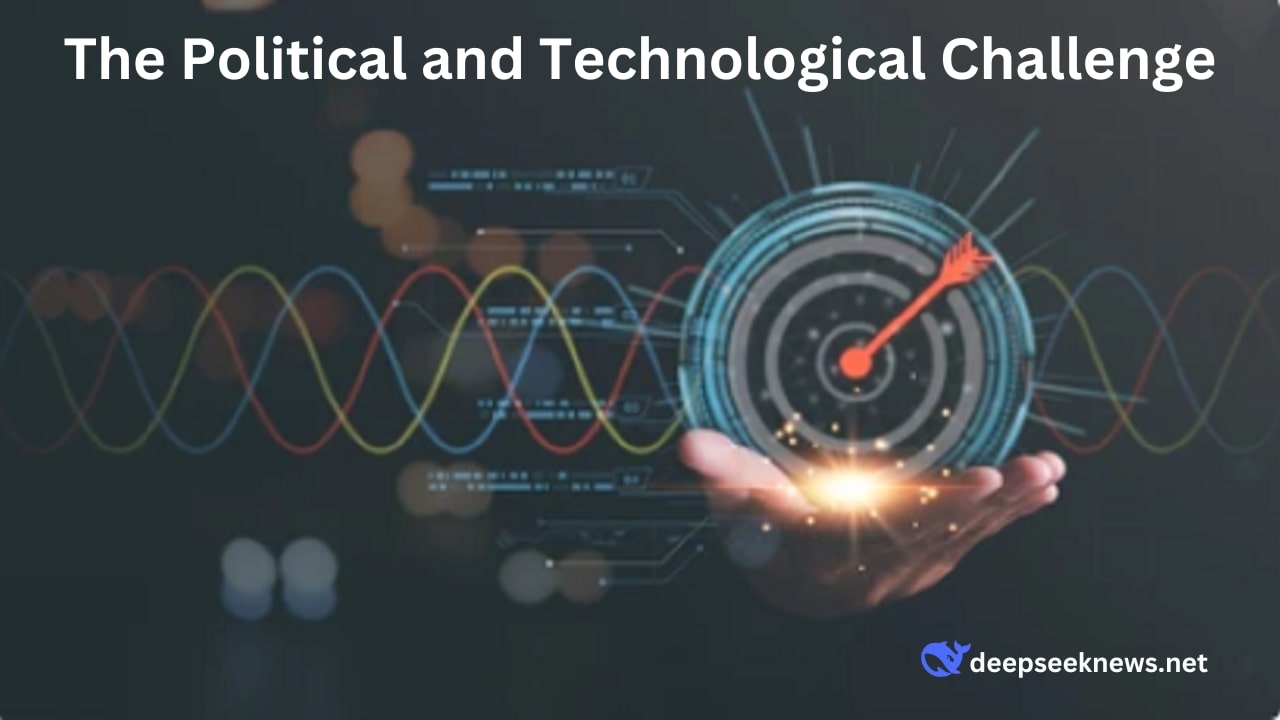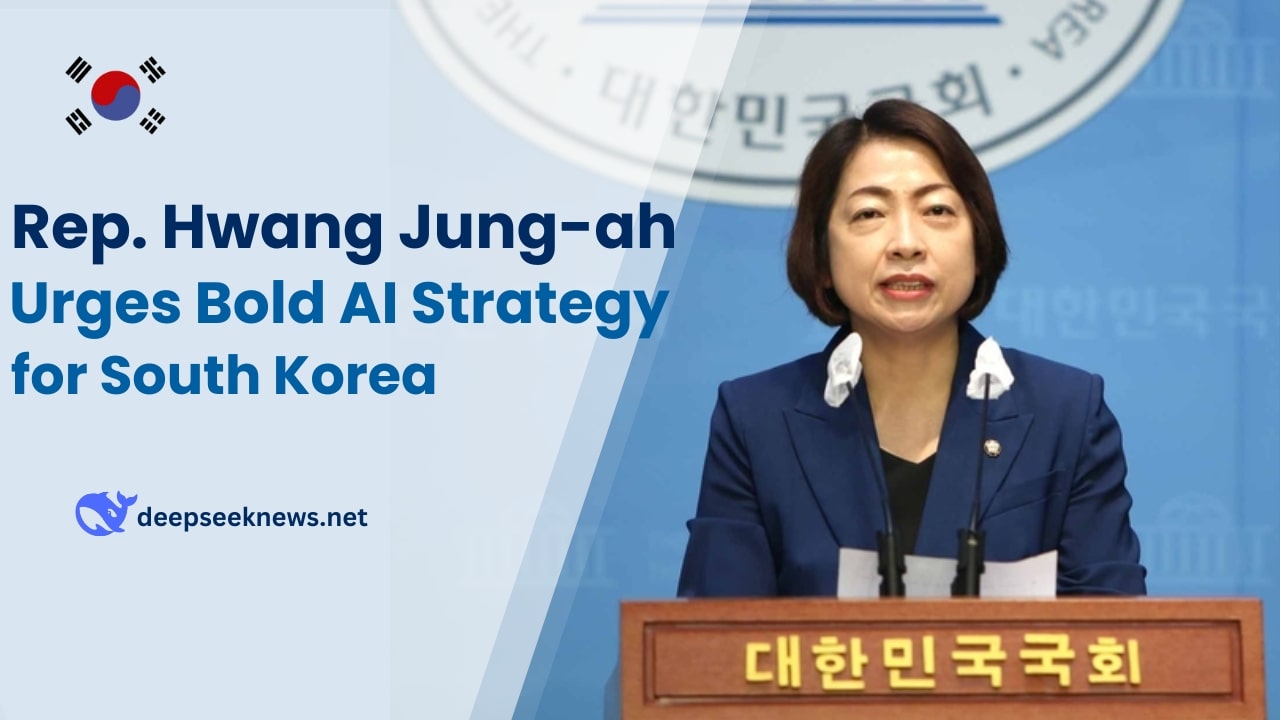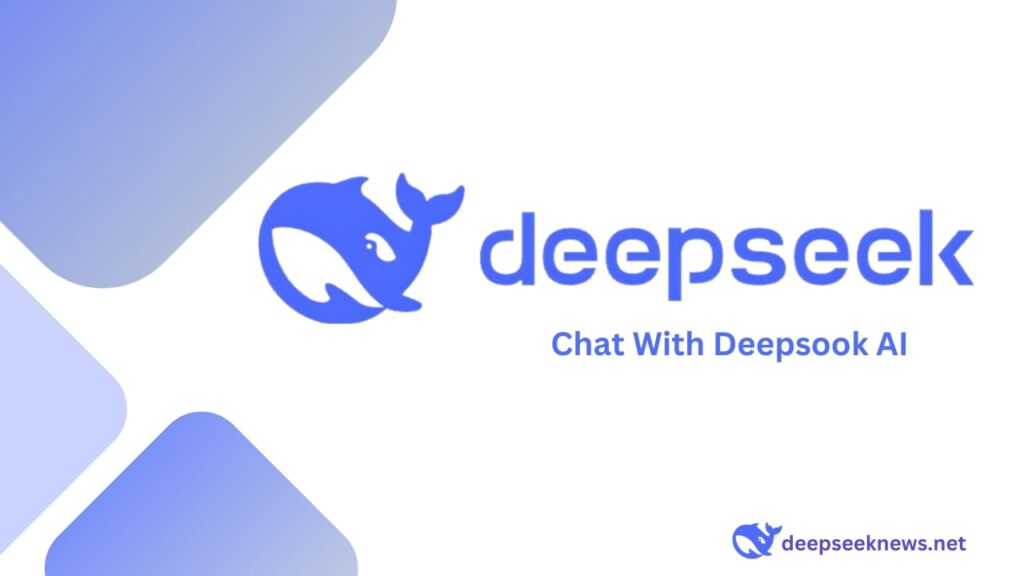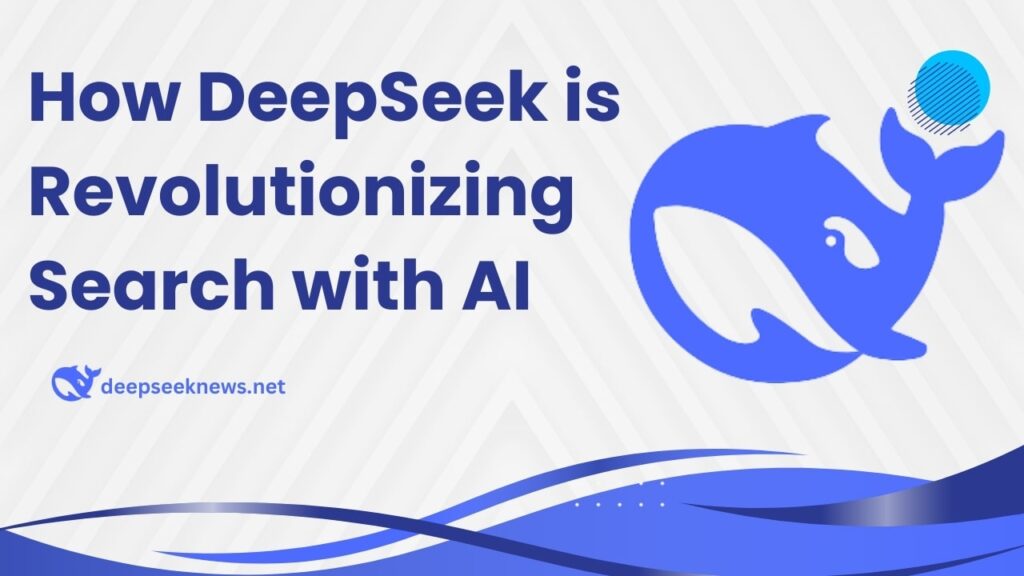The Democratic Party of Korea has begun preparing a response to DeepSeek, a Chinese AI startup that has made waves globally. The party highlighted the importance of AI, calling it “the most reliable future resource for South Korea and an essential strategy for national survival.” They also called on the government and ruling party to prioritize support for the AI industry, including infrastructure development, to ensure the country remains competitive in this critical field.
DeepSeek’s rise is particularly significant given its impact on the global AI landscape. Some experts believe that DeepSeek’s AI advancements give China a temporary edge. This has raised concerns among South Korean policymakers about maintaining a competitive stance in artificial intelligence.
Emergency Meeting on AI Strategy
On the 4th, key in-party organizations held an emergency meeting at the National Assembly. The Special Committee on Science and Technology Innovation, the Future Economic Growth Strategy Committee, and the AI Promotion TF came together to discuss pressing issues.
The meeting included prominent industry voices. Attendees included Lee Ju-seok, a professor at Yonsei University, and Ko Young-sun, vice president of SKT’s global business development office. Also present were Jungwoo Ha, head of Naver’s Future AI Center, Choi Hong-seop, head of MAUM AI’s technology division, and Jung Rak-hyun, head of the Korea Artificial Intelligence Policy Institute.
The goal was to listen to experts and gather insights on advancing science, technology, and AI. Given that DeepSeek is already revolutionizing search with AI, South Korea must act quickly to ensure it remains at the forefront of innovation.
The Political and Technological Challenge
The meeting reflects a growing focus on AI and future economic growth. By bringing together diverse voices, the organizations aim to create strategies that benefit both the industry and society. One key concern is how DeepSeek’s AI capabilities influence global discourse, particularly in the realm of information control. Some analysts view the platform as a window into Chinese censorship and information control, raising concerns about how AI can be leveraged for geopolitical power.
This initiative underscores the need for teamwork in tackling complex challenges. With input from top minds, the committees are working to shape a brighter future for technology and innovation.
Rep. Hwang Jung-ah Urges Bold AI Strategy for South Korea
Rep. Hwang Jung-ah, chair of the Special Committee on Science and Technology Innovation, called DeepSeek’s rise a “starting shot” in the global AI dominance race. She stated, “The U.S., a leading AI nation, was stunned by DeepSeek. Now, South Korea must decide its role in this new era of AI competition.”
Hwang emphasized urgency, saying, “Limiting ourselves means failure. AI has no boundaries—neither should Korea’s ambitions.” She stressed that science and technology are “the nation’s destiny” and key to survival. “Becoming a pro-AI powerhouse isn’t just a goal—it’s our lifeline,” she added.
Criticizing political delays, Hwang accused opponents of “turning science into a battleground” and mishandling budgets. “Wasting time now is a crime. If we don’t act, we’ll fall behind forever,” she warned.
Her message was clear: South Korea must prioritize AI innovation to secure its future. “This isn’t just about technology—it’s about national survival,” Hwang declared. Given DeepSeek’s ability to integrate text, voice, and image in search, its technological advantage underscores the need for South Korea to accelerate its AI strategy.
With AI shaping the global economy and digital landscape, South Korea’s approach in the coming years will determine its role in this rapidly evolving field.

